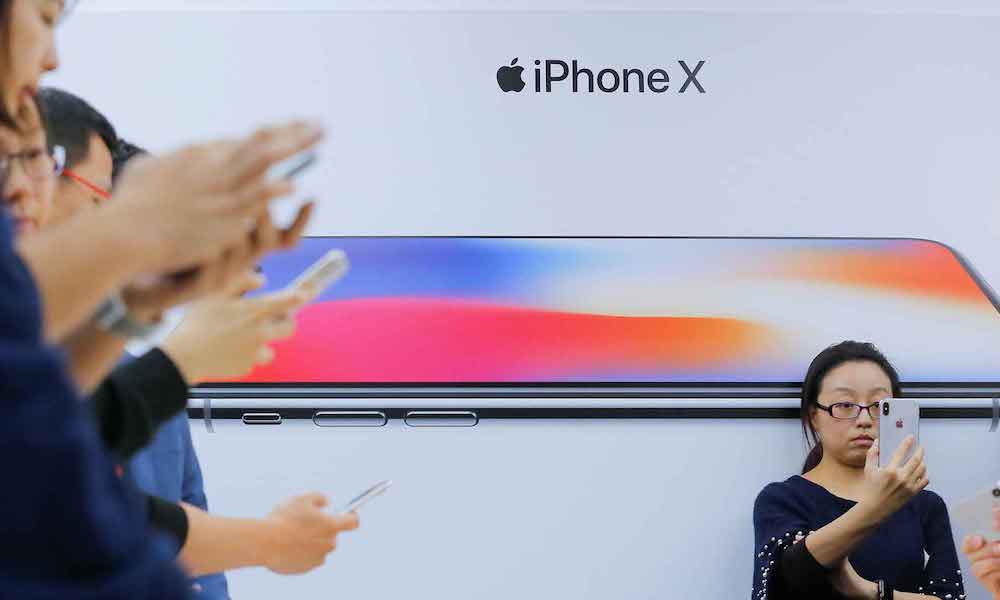Surge in iPhone Production to Boost Taiwan’s Volatile Economy

Toggle Dark Mode
Increasing production numbers for Apple’s latest line-up of iPhones could boost Taiwan’s economy, reports VOA News.
According to the report, the American tech giant is looking to Taiwanese firms to provide parts for older iPhones as well as the recently launched iPhone X.
Taiwan, as an economic powerhouse, relies heavily on technology manufacturing contracts. However, it faces stiff competition from offshore companies.
2017 has been a big year for the iPhone. Research from Gartner claims that sales of the handset grew by 5.7 per cent compared with the same period last year. And Taiwan is benefiting.
Tech pundits believe that the California-based tech company will continue to invest in Taiwanese companies for chips, camera modules, displays and final assembly support.
Foxconn, which assembles Apple products across China, has Taiwanese owners. And Taiwan Semiconductor Manufacturing Co is making the iPhone 8’s A11 processor.
Taiwan-based John Brebeck, who manages Hong Kong consultancy Peace Field, said the country relies greatly on business offered by companies such as Apple. “It’s a good shot in the arm,” he said.
“If you’ve got Apple making a new chip, if you’ve got the OLED (display) guys and if you’ve got Foxconn with the assembly, the camera module guys, that’s a pretty big chunk of Taiwan GDP.”
Things aren’t easy for Taiwan’s technology market, though. Taiwanese companies constantly have to deal with increasing competition from Chinese firms, which are continuing to dominate on the world stage.
Companies are attracted to China because costs tend to be lower, and they get large production numbers at the same time. This makes the Taiwanese market volatile at the same time.
Tracy Tsai, a Gartner research vice president who lives in Taipei, said these contracts are built on trusted relationships between firms. And Taiwain has a solid reputation in the technology industry.
“Notebooks are a something that’s very focused on previous quality and the numerous standards maintained by suppliers, what they measure up to,” she said. “It’s not so easy to change it all, so (it’s) still mainly about Taiwan.”






